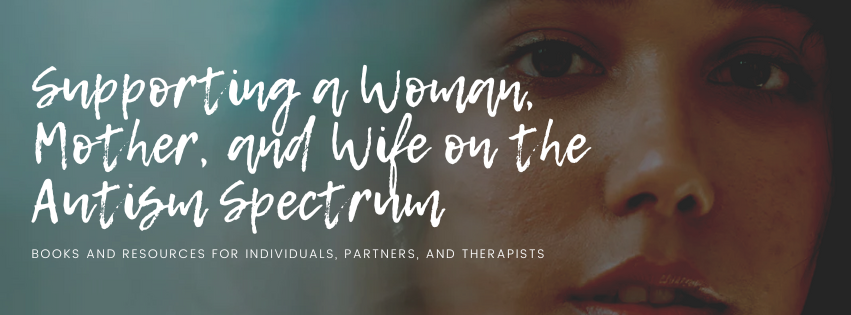When a woman receives a diagnosis of autism spectrum disorder (ASD) in adulthood—especially while managing complex roles such as motherhood, partnership, or a professional career—it can be both validating and overwhelming. Many women report years of masking their differences, struggling with burnout, and feeling “different” without understanding why.
This guide shares autism-related books and resources designed to empower women, support their partners, and guide therapists. All recommendations use person-first language to affirm that individuals are more than a diagnosis—they deserve empathy, respect, and personalized support.
Resources for Autistic Women Exploring Identity and Daily Life
These resources are written specifically for women diagnosed with autism. They explore identity, masking, parenting, and navigating daily experiences through a neurodivergent lens.
- Women and Girls with Autism Spectrum Disorder by Sarah Hendrickx
A practical guide for individuals navigating adult diagnosis, relationships, parenting, and daily life. - Divergent Mind by Jenara Nerenberg
Explores how neurodivergence—including autism—often goes unrecognized in women, particularly due to masking. - Spectrum Women: Walking to the Beat of Autism edited by Barb Cook and Dr. Michelle Garnett
Essays by women with autism covering topics like identity, trauma, parenting, and relationships. - I Think I Might Be Autistic by Cynthia Kim
A straightforward and validating resource for individuals newly considering or diagnosed with autism. - Autistic Mama Blog
A relatable blog by a mother with ASD, sharing parenting tips, advocacy, and lived experience.
Resources for Mothers with Autism Spectrum Disorder
Motherhood can be overwhelming—and for women with autism, sensory overload, emotional burnout, and misunderstanding can heighten the challenge. These autism resources offer insight and support:
- Mothering Through the Darkness edited by Jessica Smock & Stephanie Sprenger
While not autism-specific, this anthology resonates deeply with mothers experiencing emotional challenges and overstimulation. - Neurodivergent Lou (YouTube)
A content creator sharing honest reflections on parenting, identity, and sensory needs as a mother with autism.
Resources for Spouses and Partners of Autistic Women
Understanding and supporting a partner with autism requires compassion, communication skills, and awareness of neurodivergent needs. These books and tools help build healthier, connected relationships:
- Loving Someone with Asperger’s Syndrome by Cindy Ariel, PhD
A compassionate, practical guide for neurotypical partners of individuals on the spectrum. - NeuroTribes by Steve Silberman
A comprehensive and engaging history of autism, its understanding, and its communities. - Yo Samdy Sam (YouTube) – Especially helpful Q&A episodes with her partner
Real-life insights on navigating mixed-neurotype relationships. - AANE (Asperger/Autism Network)
Offers individual coaching, online support groups, and resources for couples and families navigating autism.
Resources for Therapists Supporting Autistic Women
Therapists working with adult women on the autism spectrum must consider masking, trauma, and gendered experiences. These professional tools encourage ethical, neurodiversity-affirming care:
- Neurodiversity Affirmative Practice in Therapy by Monica Driscoll Beatty
A clinician’s guide to ethical, neurodivergence-affirming therapy practices. - Autism in Adults: Diagnosis, Identity and Equality by Luke Beardon
Promotes a strength-based and identity-focused approach to supporting adult clients. - Unmasking Autism by Dr. Devon Price
Deeply insightful book on the harms of masking and the journey toward authenticity. - Therapist Neurodiversity Collective
A valuable professional network and training hub promoting affirming, non-pathologizing care.
Final Thoughts
Receiving or exploring an autism diagnosis in adulthood—especially for women juggling motherhood and emotional labor—can be transformative. Whether you’re an autistic individual, a supportive partner, or a therapist seeking guidance, these resources promote understanding, healing, and empowerment.
At Barksdale Missions, we believe every person deserves compassionate, evidence-informed care on their journey with autism. You’re not alone—and these tools can help you navigate forward with clarity and confidence.
